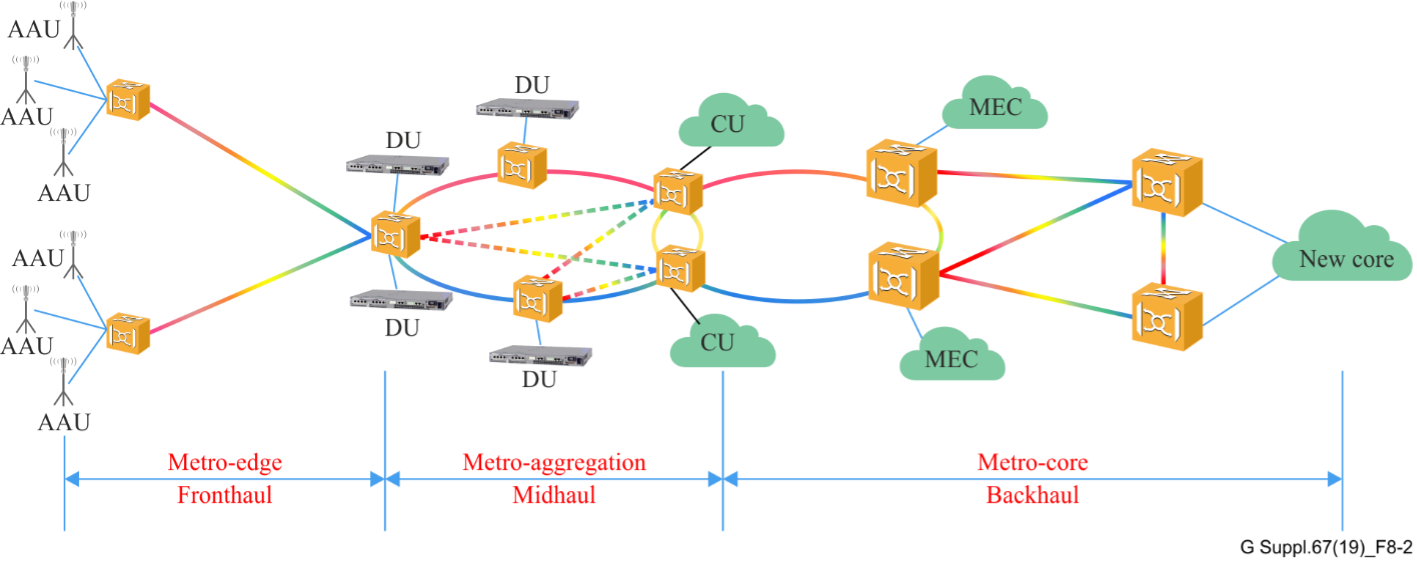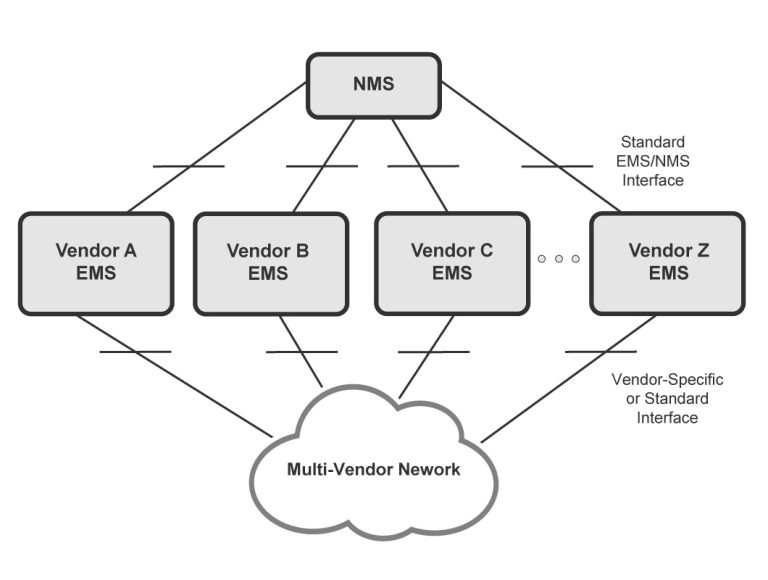Exploring 5G NGC: Next-Gen Connectivity Explained
telcomatraining.com – The rapid advancement in wireless technology has paved the way for groundbreaking innovations, with 5G Next-Generation Connectivity (NGC) at the forefront. This revolutionary technology is set to redefine how we interact with digital services, enhancing speed, reliability, and overall network efficiency. But what exactly is 5G NGC, and why does it matter? In this article, we will explore the key aspects of 5G NGC, its benefits, applications, and future implications.
What is 5G NGC?
5G NGC, or Next-Generation Connectivity, refers to the latest evolution in wireless networking that builds upon the foundation of traditional 5G networks. It integrates cutting-edge technologies such as edge computing, network slicing, and AI-driven automation to enhance performance. Unlike its predecessors, 5G NGC is designed to offer ultra-low latency, higher bandwidth, and improved energy efficiency, making it ideal for various advanced applications.
Key Features of 5G NGC
1. Ultra-Low Latency
One of the most significant improvements of 5G NGC is its ability to reduce latency to as low as 1 millisecond. This feature is essential for real-time applications such as autonomous vehicles, remote surgeries, and immersive virtual reality (VR) experiences.
2. Enhanced Network Slicing
Network slicing allows operators to create multiple virtual networks within a single physical infrastructure. Each slice is optimized for specific use cases, ensuring maximum efficiency and performance. For example, a network slice for IoT devices will differ from one designed for high-speed gaming.
3. AI and Automation
Artificial intelligence (AI) plays a crucial role in optimizing 5G NGC networks. AI-driven automation enables smart traffic management, predictive maintenance, and enhanced cybersecurity. This ensures seamless operation and minimizes downtime.
4. Massive IoT Connectivity
5G NGC is designed to support billions of IoT devices, ranging from smart home appliances to industrial automation systems. This connectivity boosts efficiency and enables new business models across various industries.
5. Improved Energy Efficiency
Energy consumption is a critical concern in modern networks. 5G NGC incorporates energy-efficient protocols and AI-driven power management systems to reduce overall power consumption, making it more sustainable.
Applications of 5G NGC
1. Smart Cities
5G NGC is the backbone of smart cities, enabling efficient traffic management, real-time surveillance, and seamless communication between interconnected devices. This enhances urban living standards and promotes sustainability.
2. Autonomous Vehicles
The automotive industry is set to benefit greatly from 5G NGC. With ultra-low latency and real-time data processing, autonomous vehicles can navigate safely, reducing accidents and improving traffic efficiency.
3. Healthcare Innovations
In the medical field, 5G NGC enables remote surgeries, real-time patient monitoring, and AI-assisted diagnostics. This enhances healthcare accessibility, especially in remote areas.
4. Industrial Automation
Manufacturers are leveraging 5G NGC to improve automation, robotics, and real-time monitoring of production lines. This increases efficiency and reduces operational costs.
5. Enhanced Gaming and Entertainment
Cloud gaming, augmented reality (AR), and virtual reality (VR) experiences require high-speed, low-latency networks. 5G NGC ensures a seamless and immersive experience for gamers and content creators.
Challenges and Future Prospects
Despite its advantages, 5G NGC faces challenges such as infrastructure deployment costs, security concerns, and regulatory hurdles. However, ongoing research and technological advancements are expected to address these issues.
The future of 5G NGC looks promising, with innovations such as 6G already in development. As adoption increases, we can expect further improvements in speed, reliability, and overall user experience.
Conclusion
5G NGC represents the next frontier in wireless connectivity, offering unparalleled speed, efficiency, and reliability. Its applications across various industries highlight its transformative potential. While challenges remain, the future of 5G NGC is bright, paving the way for a more connected and intelligent world. As technology continues to evolve, embracing 5G NGC will be crucial for businesses and individuals seeking to stay ahead in the digital era.







